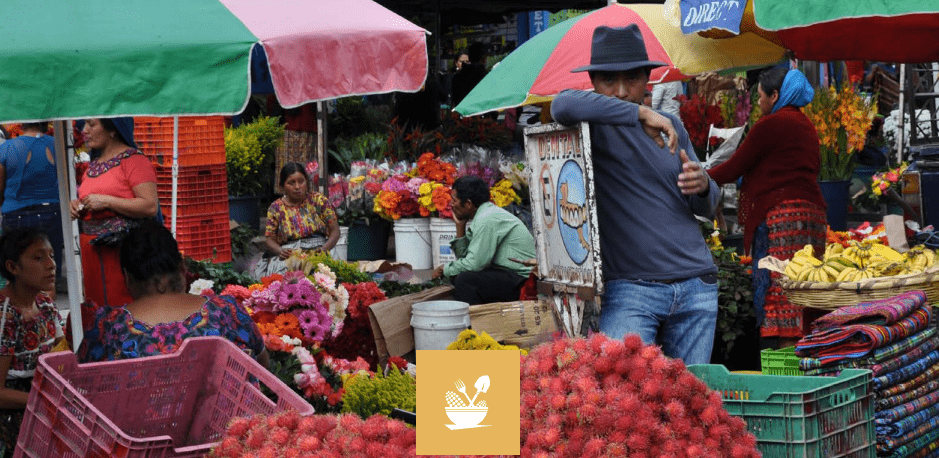Several pilot food inspection projects are being evaluated in Central America and West Africa, the World Trade Organization (WTO) reported.
These projects are carried out through the Trade and Standards Development Service (STDF).
The STDF is a global association, established by FAO, OIE, World Bank, WHO and WTO, that helps developing countries develop their capacity to implement international sanitary and phytosanitary (SPS) standards, recommendations and guidelines. as a means to improve their human, animal and plant health status and their ability to obtain and maintain access to markets.
The STDF mandate is:
- Raise awareness, mobilize resources, strengthen collaboration, identify and disseminate good practices.
- Provide support and financing to develop and implement projects that promote compliance with international sanitary and phytosanitary requirements.
Food inspection
In general, in recent years, food safety authorities in developing countries have used data from voluntary third-party assurance programs (vTPA) to inform risk profiling of food businesses, improve risk-based inspection and direct and spend public resources more effectively.
In this regard, vTPAs are defined as «non-governmental or autonomous schemes that compromise ownership of a standard that uses national / international requirements; a governance structure for certification and enforcement, and in which the participation of business operators Food (FBO) is voluntary.»
Thus, vTPA programs are seen as a tool to help improve the effectiveness of competent authority supervision through a co-regulation system.
Pilot tests
Although there are great potential benefits to increasing the potential of the domestic and international market, a wide range of practical questions remains for the WTO regarding how to structure, implement and monitor vTPA in developing countries.
Thus, a clear need arose to launch a series of pilot tests for the potential use of vTPA programs to strengthen food inspection systems in developing countries and optimize resources while concentrating efforts on areas of greater value. risk throughout the food chain.
The vTPA approach piloted through projects offers an innovative way to improve food safety outcomes linked to upcoming Codex guidelines.
By promoting cooperation between the public and private sectors, it enables government authorities to access and use reliable data generated by food business operators.
This is intended to inform risk profiling, improve risk-based inspection, and more effectively direct and spend public resources.
Value chains
Building on two STDF funded project preparation grants that were completed in 2020, these two pilot projects will work collaboratively with each other.
A variety of value chains will be used to apply a vTPA model and both the methods and the findings in each country and region will be compared.
The Central America project, which works particularly in Belize and Honduras, will focus on the following areas:
- Belize: birds, beans and coconuts.
- Honduras: aquaculture shrimp and fresh products.
The West Africa-based project will focus its efforts on Senegal and Mali.
It will address:
- Senegal: horticulture with an emphasis on major crops, such as green beans, cherry tomatoes, mangoes, sweet corn, and melons.
- Mali: cereals and horticulture.
The projects ultimately aim to increase the volume of goods traded, reduce the costs of implementing the standards, and reduce delays in MSF’s control and approval.
Both projects will follow similar paths.
First, they will aim to build knowledge, raise awareness, and better understand ways to integrate vTPA programs.
Second, efforts will focus on food business operators to ensure compliance with government authorities responsible for food safety.
Third, based on the results and lessons, the results will be shared with food safety regulators.
In doing so, pilot projects will play an important role in food inspection and in helping to strengthen institutional capacities in both West Africa and Central America through cooperation with the private sector.
VTPA programs are essential elements for food businesses to improve their compliance.
As African countries aim to improve their food safety capabilities under the African Continental Free Trade Area (AfCFTA), the vTPA approach offers great potential.
![]()

